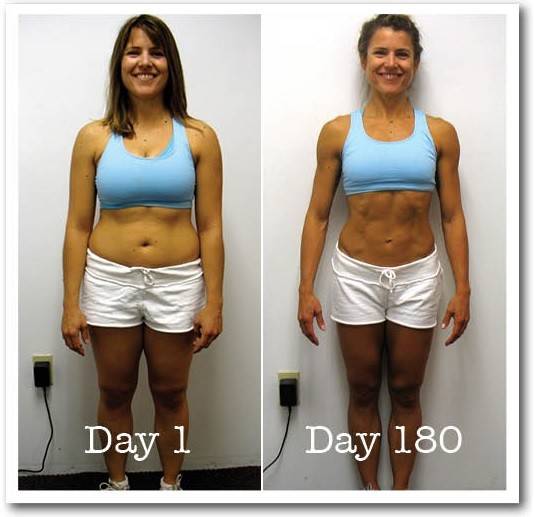Watch Your Weight, Keep Up Physical Activity
Acting Secretary of Veterans Affairs Gordon H. Mansfield said today the Department of Veterans Affairs (VA) plans to expand its efforts to prevent and control diabetes as part of an ongoing campaign to help veterans eat healthy, watch their weight and stay physically active.
"With over 25 percent of VA patients living with diabetes, it is important to find ways to bring this disease under control," said Mansfield. "VA is doing more than ever to educate our veterans, research this disease and provide the type of specialized care that diabetes demands."
Mansfield noted the Department has provided diabetic care to 70,000 veterans in more than 200,000 hospital and clinic visits since 2005.
Mansfield said VA plans to keep expanding its diabetes awareness effort as part of the Department's broader HealthierUS Veterans campaign. Last year, television stations around the nation aired more than 3,000 VA-produced broadcasts about eating healthy and staying active. The Department held a symposium for health care professionals in Washington, D.C., and several public events around the country to inform veterans of the dangers of diabetes.
Annual evaluations of veterans with diabetes show small but continuing improvements in tested levels of blood sugar, LDL cholesterol and blood pressure with treatment, including weight management.
VA's tele-health program allows patients with diabetes to monitor and transmit their blood pressure and blood glucose levels from home to VA facilities, thus improving their access to care and allowing them to take control of their own health through improved communication from home with their health care providers.
VA's research programs include centers investigating insulin resistance, vascular damage and obesity, pre-clinical studies of new agents to prevent and treat diabetes and clinical trials of new ways to prevent kidney damage.
Other VA research is seeking ways to reduce diabetes complications that lead to disability, focusing on preventing loss of limbs and avoiding obesity among paraplegic patients likely to gain weight due to reduced movement. VA researchers also are examining the interplay between genetics and the environment in determining glucose metabolism and weight gain or loss.
Some veterans with diabetes qualify for VA disability compensation. Those veterans must have a diagnosis of diabetes and evidence that it began or was aggravated during active duty or within one year of release from duty. Since 2001, veterans who served in Vietnam and later developed adult-onset (Type 2) diabetes have been eligible for disability compensation. This policy affecting Vietnam veterans is an outgrowth of research into the effects of Agent Orange.
-
Lose Weight And Look Great While Doing It
In order to properly lose weight, it is important that you know
-
Bel Marra Health Sponsored Athlete, Amanda Pereira, Transforms Her Entire Body
Bel Marra Health is pleased to announce a new direction for our
-
Best Way To Lose Weight Fast With These Tips
So you want to lose weight? In this arti
-
The First 5 Steps Of A Healthy Diet
There are many people out there telling you want to eat, when to eat,
-
Harmless Methods For Seeing Quick Weight Loss
Trying to achieve a weight loss goal is
-
Behavior Modification And Obesity
Obesity is often classified as a chronic
- DON'T MISS
- How much food should we Eat?
- Run for Weight Loss, Run For Health!
- The 9 Best Resolutions For Your Health (And Happiness)
- Build the Right Weight Loss Mindset – The 5 Step Secret to Success
- How to Get All the Willpower You Need to Succeed
- Top 20 Tips To Lose One Pound Per Week
- Finding Peace with Food and Your Body
- Lose Belly Fat With 2 Top & Effective Fat Loss Tips
- Simple Tricks And Tips To Lose Weight Faster
- HCG Weight Loss – Being Careful In Losing Weight




